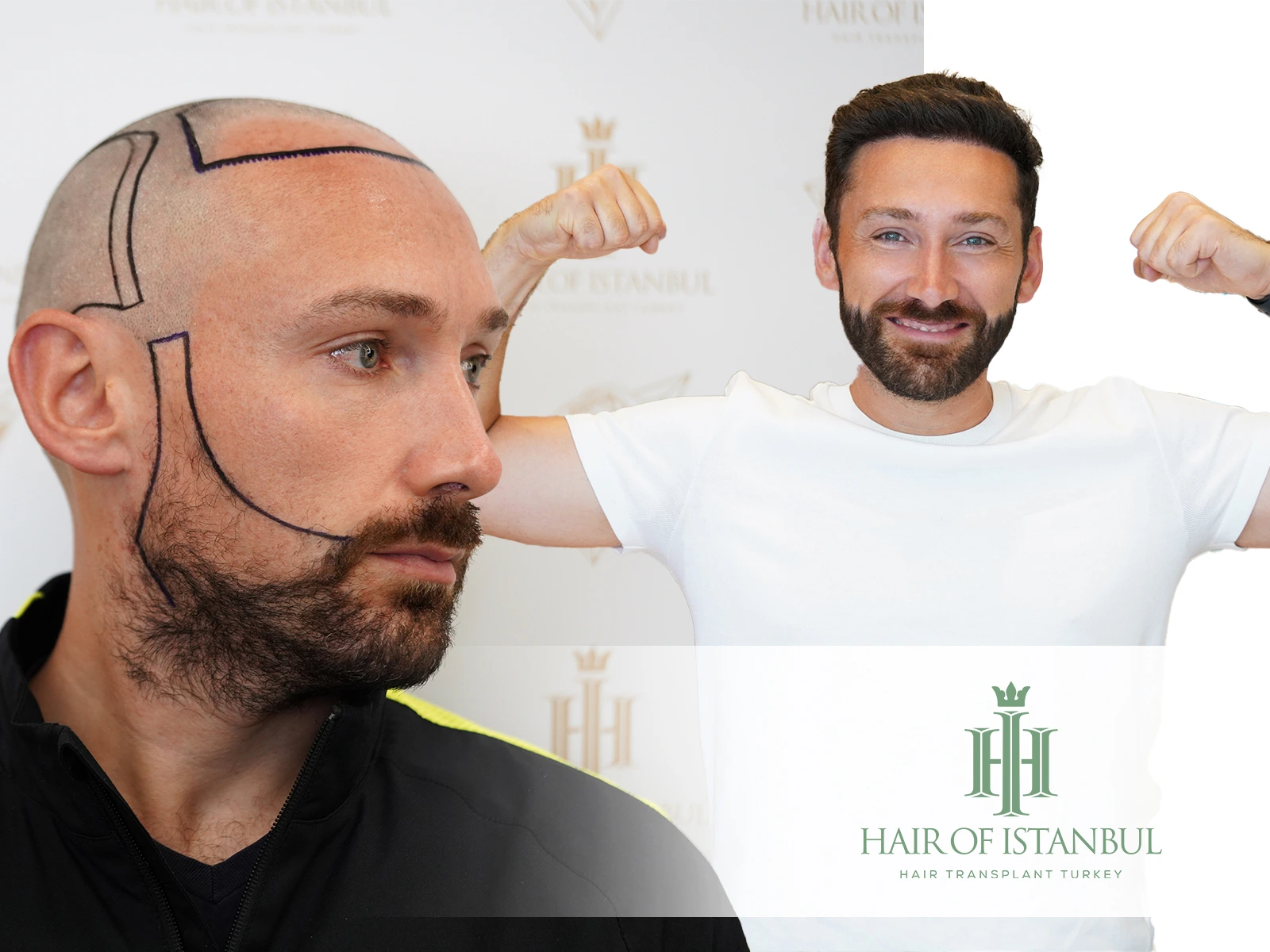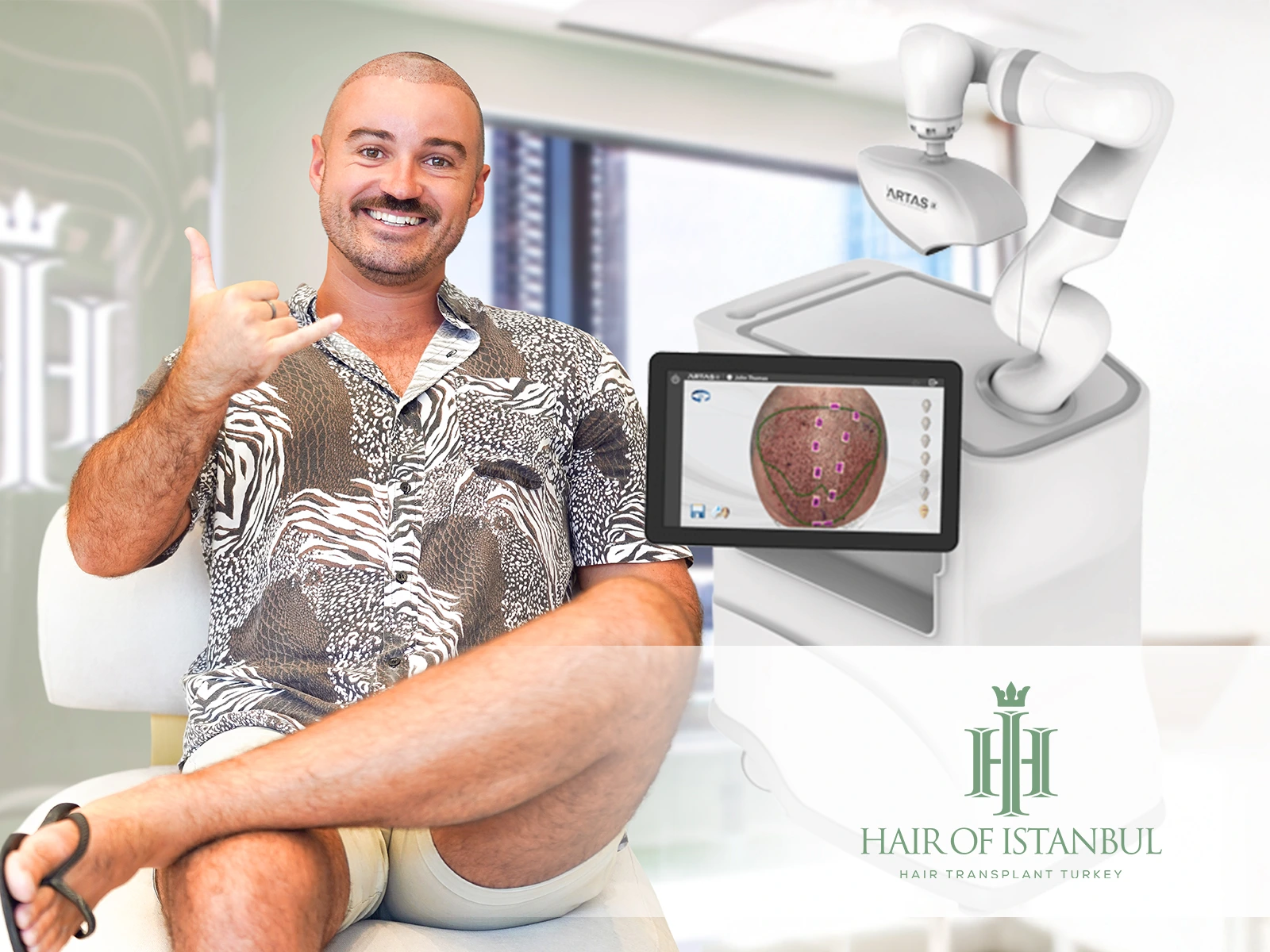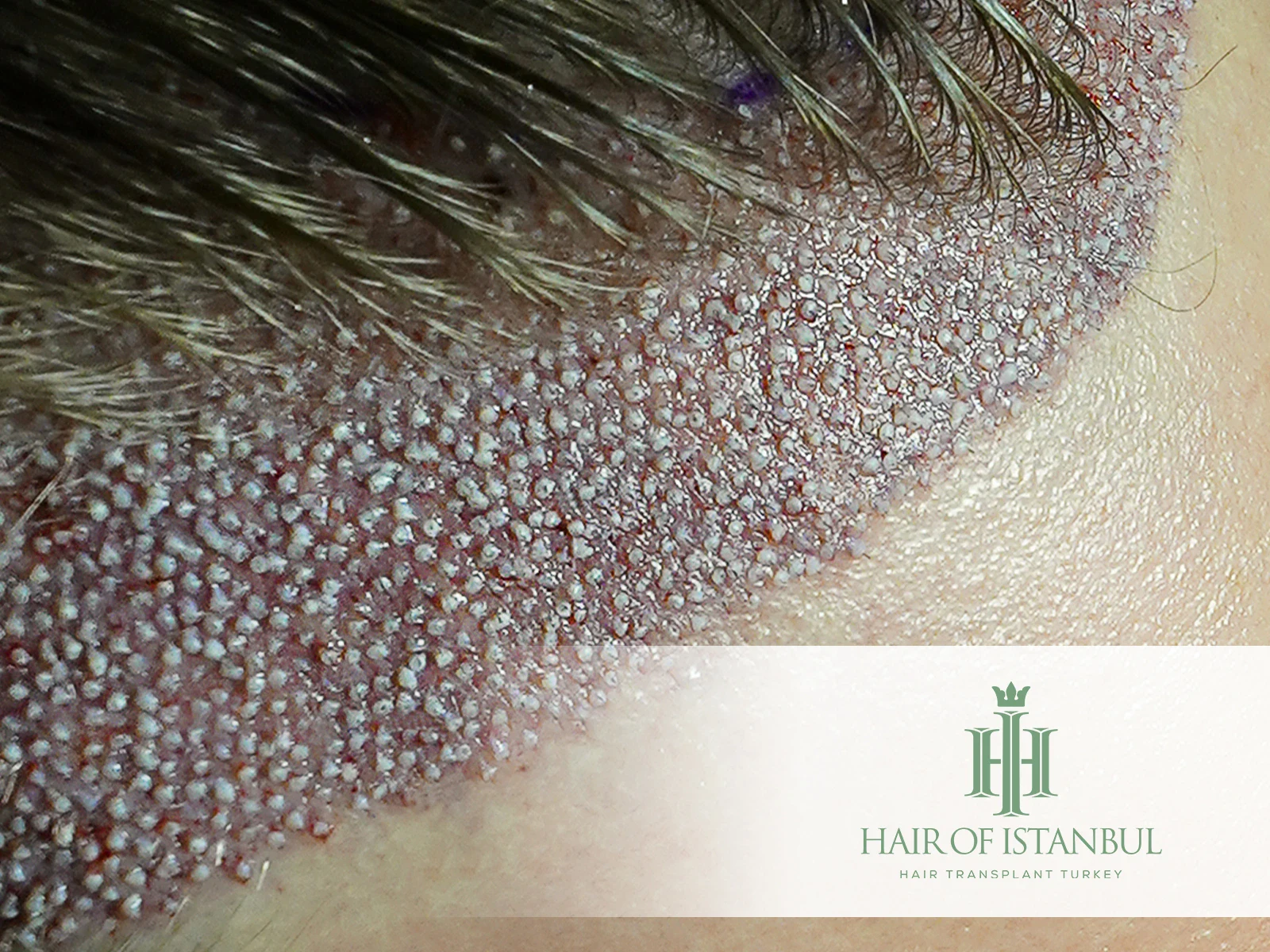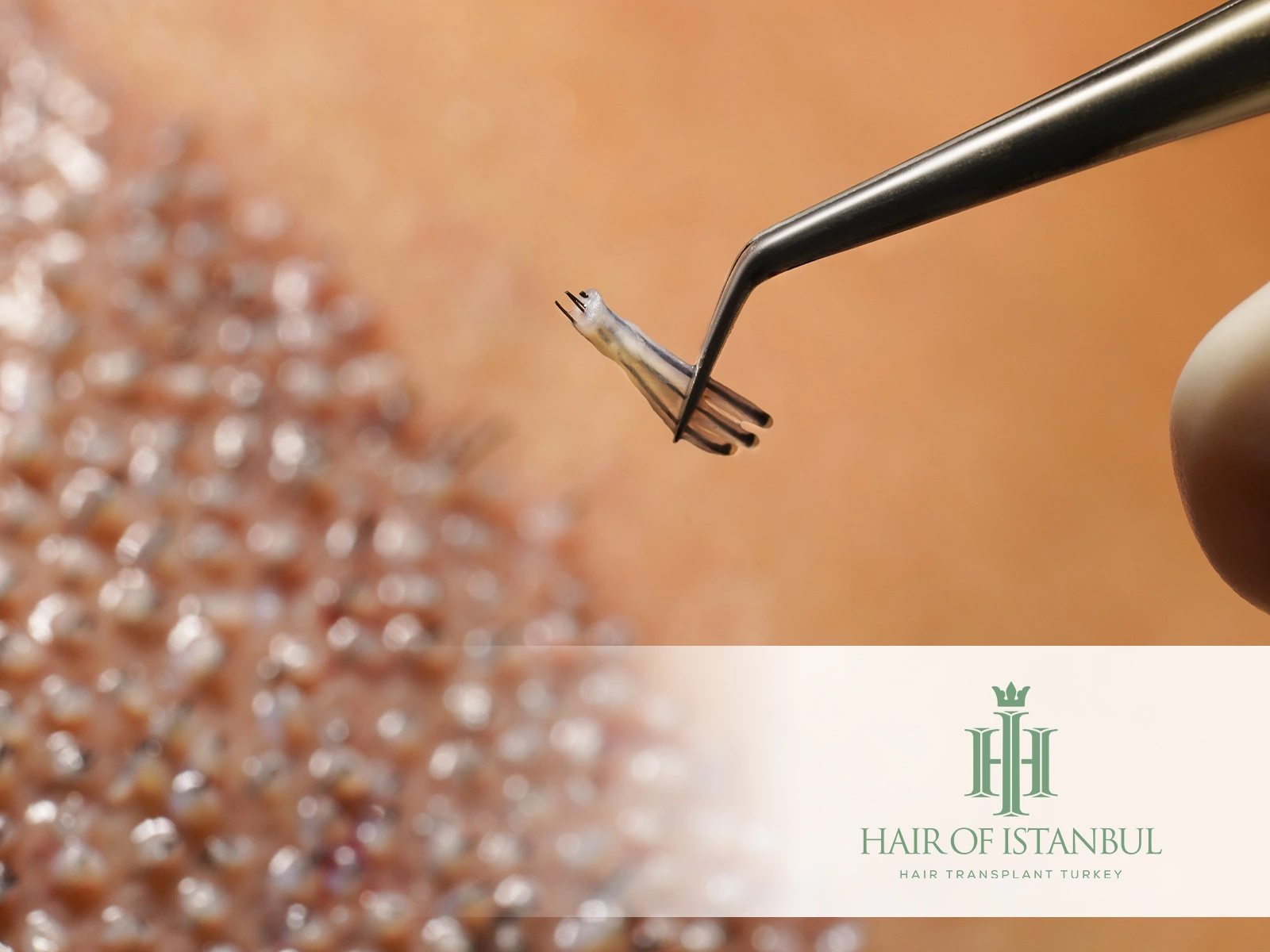Do You Need to Take Finasteride After Hair Transplant?
Considering a hair transplant is a significant decision, and many wonder about the role of medications in this process. One common question is whether taking Finasteride is necessary after undergoing a transplant.
Understanding the relationship between hair transplants and Finasteride can help in planning the best approach for maintaining healthy hair. Let’s explore this topic further to see if medication is essential post-transplant.
What Conditions Might Prompt Doctors to Recommend Finasteride After a Hair Transplant?
Finasteride is recommended by doctors after a hair transplant for several reasons. It helps to maintain the health of existing hair, prevent further hair loss, and enhance the overall results of the transplant. Below are some of the key conditions under which Finasteride might be prescribed:
| Prevents Existing Hair Loss | Finasteride helps to stop or slow down the loss of non-transplanted existing hair. |
| Accelerates Hair Growth | It promotes faster growth of hair follicles. |
| Reduces Shock Loss | Minimizes the shock loss phase that can occur after a hair transplant. |
| Strengthens New Hair | Assists in making the transplanted hair grow stronger and thicker. |
| Increases Hair Density | Enhances the density of existing hair, contributing to a more natural appearance post-transplant. |
| Regulates Hormone Levels | Lowers the levels of DHT hormone, which is responsible for hair loss. |
| Provides Long-Term Results | Helps achieve long-term, satisfactory outcomes following a hair transplant. |
| Improves Hair Quality | Increases the quality and thickness of hair strands, leading to overall better hair health. |
Also Read: Hair Transplant For Widow’s Peak: How to Reverse Hair Loss?
Do You Have To Take Hair Loss Medication After a Hair Transplant?
Most experts don’t typically recommend hair loss medication after a hair transplant. Before undergoing a transplant, patients usually receive treatments to stop hair loss. If these treatments fail, a transplant becomes the next step.
This approach ensures the most effective results. Continuous medication post-transplant is often unnecessary. Doctors focus on stabilizing hair loss before any surgical intervention. However, individual cases may vary, and professional advice is essential for the best outcome.
Do You Have To Take Finasteride After Getting A Hair Transplant?
There is no requirement to take Finasteride after a hair transplant. At Hair of Istanbul, our transplant success rates range from 98% to 100%, making additional medication often unnecessary.
However, for those experiencing mild hair loss in non-transplanted areas, we might suggest Finasteride. This recommendation is based on the individual’s hair health. The decision to use Finasteride is ultimately up to your hair transplant specialist. Each case is unique, and tailored advice is crucial for the best results.
Also Read: Hair Transplant After 3 Months: Photos Show Real Results
How Long Should You Take Finasteride After a Hair Transplant?
While Finasteride is an effective treatment, its effects can be temporary. Stopping the medication may result in a return to weaker hair over time. Continuous use is crucial to maintain its benefits.
Always follow your doctor’s advice on the necessity and frequency of Finasteride usage. Personalized medical guidance ensures the best long-term results. It’s important to understand the potential need for ongoing treatment. Regular consultations with your healthcare provider will help manage your hair health effectively.
How Long Does It Take For Finasteride To Work For Hair Loss?
Finasteride, also known as Propecia, is a prescription medication for hair loss. It works by lowering levels of the hormone dihydrotestosterone (DHT), which causes hair loss. Finasteride starts reducing DHT levels after just one dose.
However, noticeable hair regrowth can take three months or longer. Patience is key, as the full benefits develop over time. Continuous use is essential for maintaining hair growth. Consult your doctor to monitor progress and adjust treatment as needed.
Also Read: Alcohol After Hair Transplant: Understanding the Impacts!
Is Finasteride Safe For Long-Term Use?
Some experts believe that long-term use of Finasteride is safe. Research has been conducted to evaluate its safety over extended periods. One study involved 3,177 Japanese men with androgenetic alopecia who took 1 mg of Finasteride daily for over a year.
The findings revealed that side effects were observed in only 0.7% of the participants. This suggests that the majority of users did not experience significant adverse effects. The study provides a reassuring perspective on the medication’s safety for prolonged use. However, it’s always best to consult with a healthcare professional for personalized advice. [2]
Also Read: How Hair Loss Affects Self Esteem: Strategies to Cope!
FAQ
What If I Don’t Want To Use Finasteride?
If you prefer not to use medication for hair loss, opting directly for a hair transplant is a viable alternative. This approach allows you to avoid long-term medication. Many patients choose this option for more permanent results. Consult with a specialist to determine the best treatment plan for your needs.
Do I Need To Take Finasteride Forever?
Finasteride does not need to be taken indefinitely. If long-term medication use is not preferred, it can be considered a temporary solution. For a more lasting result, hair transplant surgery is often the healthiest option. Always seek professional guidance to determine the best course of action for your situation.
Can Finasteride Regrow Hairline?
Research indicates that Finasteride can be effective in regrowing hair. One study found that there is a 37% chance of achieving mild to moderate regrowth along the hairline. This shows that while results can vary, many individuals experience positive outcomes. Consistent use is essential to maintain these benefits. Always discuss with your doctor to set realistic expectations and treatment plans. [1]
Also Read: When Can I Exercise After Hair Transplant? Learn the Right Time!
CONCLUSION
In conclusion, the necessity of using Finasteride after a hair transplant is a decision that must be tailored to individual circumstances. At Hair of Istanbul, we emphasize the importance of personalized treatment plans to achieve the best outcomes in hair restoration. Our team of specialists is committed to providing expert guidance to ensure that each patient receives care that is specifically suited to their needs.
We strongly advise a consultation with our experts to determine the most effective post-transplant care tailored just for you. By choosing Hair of Istanbul, you place your trust in a clinic that not only aims to achieve your hair restoration goals but also maintains the highest success rates in the industry. Visit us to discover how we can support you in both achieving and maintaining optimal hair health, ensuring your investment in your appearance is well cared for. Your journey to fuller, healthier hair starts with a personal consultation at our renowned clinic.
References:
- [1] Sian Ferguson, Jan 16, 2018 – Can Finasteride Regrow a Receding Hairline? – https://www.hims.com/blog/does-finasteride-work-for-a-receding-hairline
- [2] NHS, Aug 8, 2023 – Common questions about finasteride – https://www.nhs.uk/medicines/finasteride/common-questions-about-finasteride/
- [3] J Dermatol, Jan 2012 – Evaluation of efficacy and safety of finasteride 1 mg in 3177 Japanese men with androgenetic alopecia – https://pubmed.ncbi.nlm.nih.gov/21980923/







